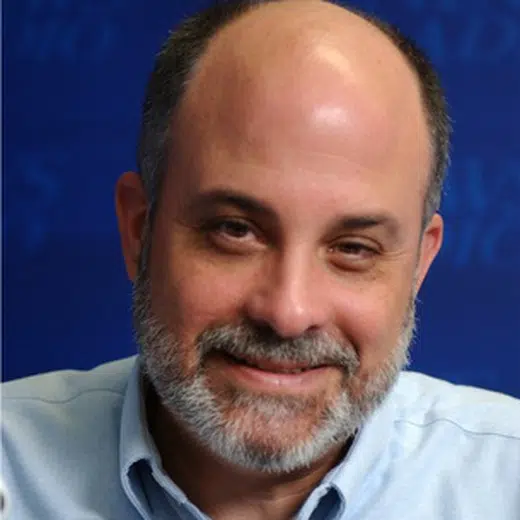By Tanvi Mehta and Chris Thomas
NEW DELHI (Reuters) – Lakshadweep, a normally tranquil group of islands off the south-west coast of India, is simmering with tension over new rules and proposals being introduced by a lawmaker from the ruling Bharatiya Janta Party.
Opponents say the measures are “anti people” and threaten the livelihoods of islanders.
What started as a Twitter campaign by students gained traction last week, with #SaveLakshadweep being backed by prominent politicians including opposition leader Rahul Gandhi.
Adding to the bad feeling, a protest against a local official’s comments on drug abuse resulted in 23 arrests, according to Indian media.
The Kerala state legislative assembly adopted a motion on Monday demanding protection for people’s livelihoods and the removal of the lawmaker, Praful Patel.
Located in the Arabian Sea, with white sands and clear blue waters, Lakshadweep is often called India’s Maldives. The islands come under the jurisdiction of the High Court in Kerala, the nearest mainland state.
WHAT ARE PEOPLE PROTESTING?
Located nearly 500 km (300 miles) off Kerala, Lakshadweep is a group of 36 islands with a population of about 65,000, predominantly Muslims.
The islands – popular with tourists – are run by an administrator appointed by the president of India.
Administrator Patel, who took charge in December 2020, has proposed a slate of draft rules, including some that would give him powers to remove or relocate islanders from their property for town planning or development or declare land to be a “planning area”, and one which would allow the administration to detain any person without trial for up to a year.
Other proposals involve a ban on cow slaughter and allowing some businesses to sell alcohol, seen as offending religious sentiments. Currently, the sale and consumption of alcohol is largely banned in the islands.
The Bharatiya Janata Party, to which Patel belongs, has often been criticized for pushing a homogenised culture across India, raising fears among islanders that they face cultural conflict.
Both Patel and the local district collector’s office did not respond to repeated requests for comment.
HOW DID IT START?
The Lakshadweep Students Association (LSA) began a campaign on Twitter and Instagram earlier this month, which gained momentum after Elamaram Kareem, a member of parliament from Kerala, wrote to India’s president urging a change of guard in the archipelago.
Rahul Gandhi, leader of India’s opposition Congress party, wrote to Prime Minister Narendra Modi asking him to ensure that the orders are withdrawn.
“Lakshadweep is India’s jewel in the ocean. The ignorant bigots in power are destroying it. I stand with the people of Lakshadweep,” he tweeted https://twitter.com/RahulGandhi/status/1397472273477476354?s=20.
Islanders depend on Kerala for logistical support, and on Monday, the Kerala legislative assembly passed an unanimous resolution, moved by chief minister Pinarayi Vijayan, demanding the recall of Lakshadweep administrator Patel.
Kerala is essential to the archipelago as locals rely on it for basic supplies, while others travel there for education, employment and medical treatment.
WHERE DO THINGS STAND NOW?
Patel, who has also been criticized for relaxing quarantine guidelines which led to a spike in COVID-19 cases this year, has told https://theprint.in/india/want-to-develop-lakshadweep-like-maldives-administrator-praful-patel-defends-draft-land-law/666684 media that his changes will boost tourism in Lakshadweep and there are no plans https://www.thehindu.com/news/national/lakshadweep-administrator-patel-says-no-plans-for-rollback-of-regulations/article34687662.ece to roll them back.
Modi, Home Minister Amit Shah and the president have not yet issued public statements.
Meanwhile, students and other citizens plan to keep their campaign going.
“We will keep protesting until he (Patel) is revoked from the post of administrator,” said Azeem Fayiz, central committee member of the Lakshadweep Students Association.
(Reporting by Tanvi Mehta and Chris Thomas; additional reporting by Jose Devasia; editing by Nivedita Bhattacharjee and Giles Elgood)




